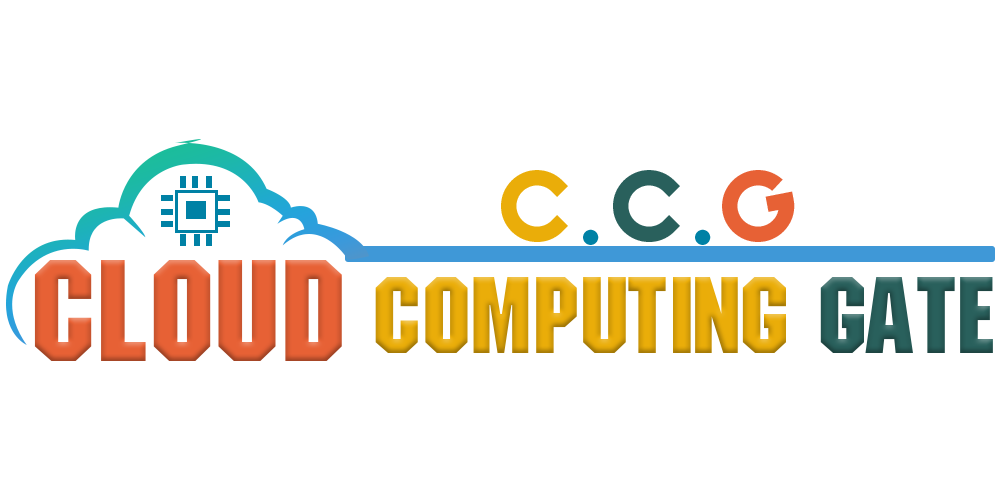Pros and Cons of Cloud Computing
Pros and Cons of Cloud Computing
Cloud computing has transformed the way businesses and individuals manage, store, and access data and applications. Instead of relying on local servers or personal devices, cloud computing leverages remote servers and the internet to offer a wide range of services. This article explores the advantages and disadvantages of cloud computing to help you make informed decisions about adopting this technology.
Pros and Cons of Cloud Computing
Pros of Cloud Computing:
- Cost-Efficiency: Cloud computing eliminates the need for substantial upfront investments in hardware and software. Users can access services on a pay-as-you-go basis, helping businesses save money.
- Scalability: Cloud services can be easily scaled up or down to accommodate changing needs. Businesses can add resources during peak demand periods and reduce them during quieter times.
- Flexibility: Users can access cloud services from anywhere with an internet connection, fostering remote work and collaboration.
- Automatic Updates: Cloud service providers handle server maintenance, security updates, and software upgrades, reducing the burden on users.
- Disaster Recovery: Cloud-based services offer robust data backup and recovery options, ensuring data is safe in case of hardware failures or disasters.
- Security: Cloud service providers invest heavily in security, often offering more robust protection than many individual organizations can afford.
- Environmentally Friendly: By sharing resources in data centers, cloud computing can be more energy-efficient, resulting in a reduced carbon footprint.
Cons of Cloud Computing:
- Downtime: Cloud services may experience downtime, leading to disruptions in business operations. This is a critical concern for businesses that rely heavily on cloud resources.
- Limited Control: Cloud users have limited control over their data and applications, which are hosted on remote servers. This lack of control can lead to concerns about data privacy and security.
- Data Security: While cloud providers invest in security measures, the data’s security ultimately lies in the hands of a third party. Data breaches can occur, leading to data leaks and privacy violations.
- Dependency on Internet: Cloud services depend on a stable and fast internet connection. Slow or unreliable internet can hamper access and functionality.
- Compliance and Legal Issues: Different countries have varying regulations regarding data storage and privacy. Businesses using cloud services may face legal complications when data is stored internationally.
- Cost Overruns: While cloud services can be cost-effective, without proper monitoring and management, costs can escalate, leading to unexpected bills.
- Limited Customization: Cloud-based applications may not be as customizable as locally hosted solutions, limiting the ability to tailor software to specific business needs.
Conclusion:
Cloud computing is a transformative technology that offers numerous benefits, including cost savings, flexibility, and robust security. However, it’s crucial to consider the drawbacks, such as downtime, limited control, and potential security risks. When considering a shift to cloud computing, businesses and individuals should weigh these pros and cons to determine if the cloud aligns with their needs and requirements. Effective cloud adoption involves thorough planning and risk management to fully harness its




Comments
0 comments